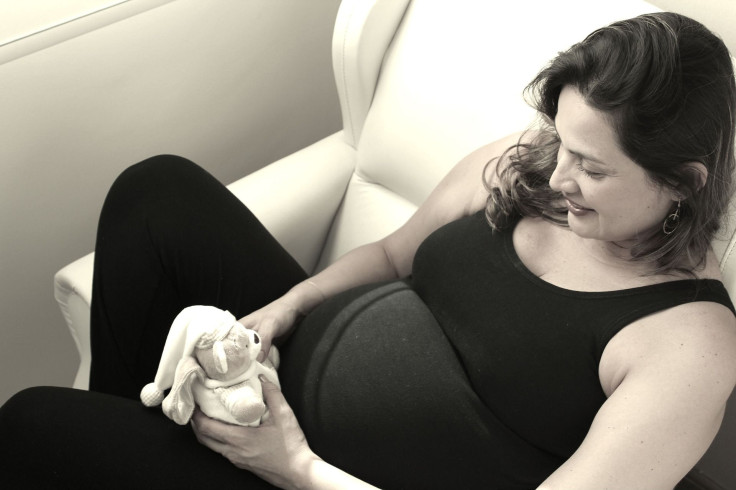Pregnant Mother’s Gut Microbiome Sets The Stage For Baby’s Future Health

It can be hard to keep track of all those tips for expecting mothers, which are intended to keep the unborn baby as safe as possible. There’s advice for how to sleep, eat, and exercise, along with more specific things like which vitamins to take for fetal health. It seems the list of things mother and unborn child share is always expanding. Now, it’s microorganisms in the gut, according to a new study, which suggests the microorganisms existing in a mother’s womb can impact a baby’s microbiome and set the stage for health problems later in life.
The term “microbiome” refers to the trillions of different organisms we harbor in our body, including the skin, respiratory, and gastrointestinal tracts. A special issue of the Birth Defects Research Part C Embryo Today scientific journal, “The Microbiome and Childhood Diseases,” encompassed a range of groundbreaking microbiota reviews. One finding was particularly noteworthy.
“One of the reviews, by Koleva et al, discusses the studies that reveal that the womb is not sterile and that the microbiota of the child are already developing in utero,” said Dr. Sharon Meropol, associate director for research and evaluation at University Hospitals Rainbow Babies & Children’s Hospital’s Center for Child Health and Policy, in a press release. “This means that not only do we have to consider the microbiome of the child but also that of the mother, and the irony is that some of our modern medical practices, through their effect on these early microbiota, could have unintended consequences, interfering with normal development of children’s immune, metabolic, and neurologic systems.”
According to Meropol, the importance of protecting key steps in the transmission and maintenance of healthy microbiota in pregnant mothers and fetuses is supported by increasing evidence. “Disturbed microbiota could potentially contribute to a wide range of childhood diseases, including allergies, asthma, obesity, and autism-like neurodevelopmental conditions,” said Meropol, who is also assistant professor of pediatrics at Case Western Reserve University School of Medicine.
Meropol said recent studies have suggested traditional practices like vaginal birth, skin-to-skin contact immediately after birth (kangaroo care), and breastfeeding may promote healthy development of the biome and consequently, a healthy trajectory for the infant. UH Rainbow’s physician researchers Drs. John Kennell and Lydia Furman, were early proponents of such measures, advising more than 10 years ago that these practices were associated with metabolic, immunologic, and psychosocial benefits for infants. More recent research has shown evidence that these practices are beneficial for intergenerational transmission of the microbiome.
Meropol concluded: “We have just scratched the surface in understanding how the internal universe of maternal, fetal and infant colonizing microbiota, interacting with genetic and environmental factors, can influence optimal child development.”
Source: Koleva P, Kim J, Scott J, Kozyrskyj A. Microbial programming of health and disease starts during fetal life. Embryo Today: Reviews. 2015.
Published by Medicaldaily.com



























